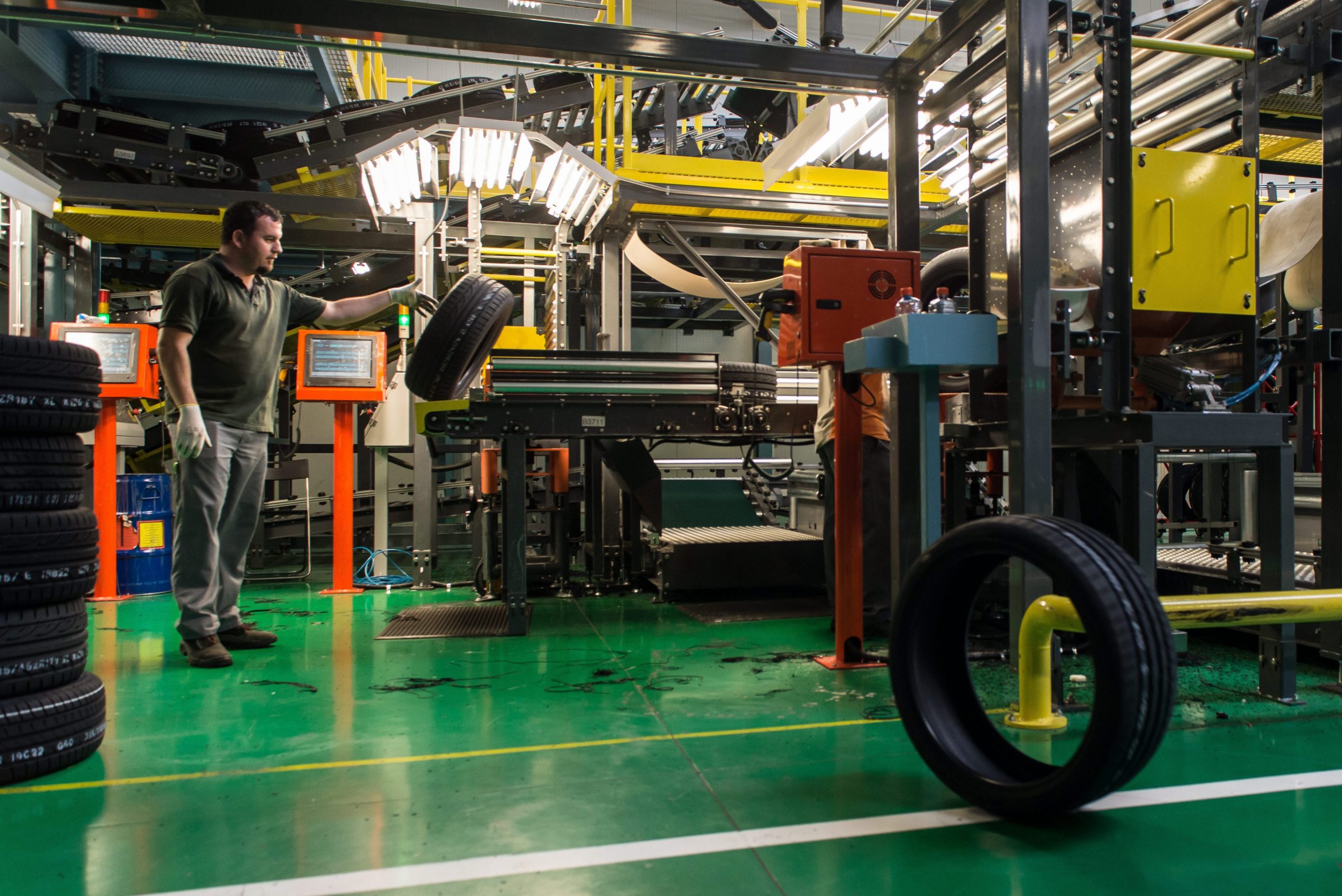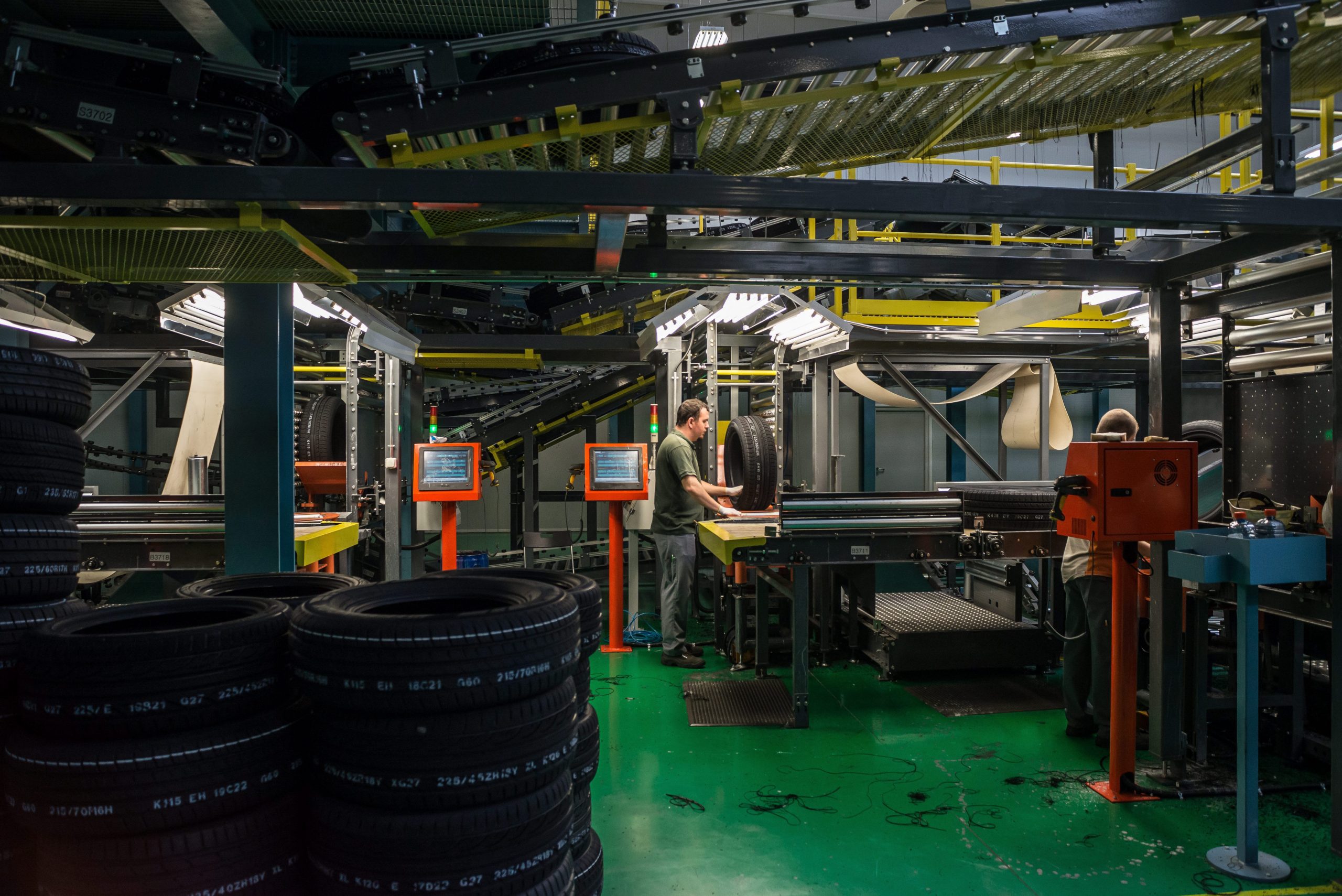
The mayor of Dunaújváros speculated that ruling Fidesz intended to "rob" the city of its business tax revenues and "give it to the Fidesz-led county assembly."Continue reading

In a newly adopted decree, the government designated the surrounding municipalities of Dunaújváros in central Hungary as a special economic zone. The new regulation, which goes into effect on July 1, would deprive the city of a significant amount of business tax revenue in the future. According to the government, the new regulation allows for a more proportionate allocation of tax revenues in the region, while the opposition leadership believes it is simply the punishment of municipalities where people decided to elect opposition politicians.
Minister of Foreign Affairs and Trade Péter Szijjártó announced in January that South Korea’s largest energy and chemicals company SK Innovation is bringing to Hungary a new 681-billion-forint (EUR 1.93 bln) battery plant in what will be the country’s biggest-ever greenfield investment. The development, planned in Iváncsa, Fejér County, located in central Hungary, would create jobs for almost 2,500 people. 430,000 car batteries would be produced every year.
This is, however, only one of the several large investments currently underway in the administrative area. In addition to the EV battery plant, Turkish farm machinery company Yaris Kabin is also building a 6.5 billion forint (EUR 17 m) plant in Iváncsa, while South Korean tire manufacturer Hankook is planning an expansion at its base in neighboring Rácalmás.
For Dunaújváros, the fate of the region is particularly important because the city has reached a deal with Iváncsa and Rácalmás to share their business taxes paid by both the South Korean battery plant and the tire manufacturer.
Less than two months ago, Krisztián Molnár, head of the Fejér County assembly, a ruling Fidesz politician, made the proposal for the government to create a special economic zone in the area of Iváncsa and Rácalmás, as well as in Adony and Kulcs, which lie between the two settlements. According to Molnár, this would enable the county assembly to support the development and operation of the municipalities in the county, particularly those affected by the investment more directly.
As a result of the new decision, however, all of the business tax goes to the Fidesz-led county assembly, which means Dunaújváros loses 3-3.5 billion forints (EUR 85,000-99,420)of yearly revenue.
“We are holding today’s press conference because Dunaújváros has been robbed. And the perpetrator is the Fidesz government”, said Tamás Pintér, mayor of Dunaújváros, regarding the government’s decision at a press conference.
The opposition Jobbik mayor said that the establishment of the special zone would rob each citizen of the 44-thousand-resident city approximately 100 thousand forints a year. The local government is not willing to accept this, so it is appealing to the Constitutional Court and expects the ruling to declare that the government has violated the Hungarian constitution with a decree that penalizes Dunaújváros. If the court upholds the decision, the city will seek redress before the EU Court of Justice.
Speaking after a board meeting of the alliance of local governments (MÖSZ) in Budaörs, on the outskirts of Budapest, on Tuesday, Budapest mayor Gergely Karácsony, who is a co-leader of the alliance, said MÖSZ considered the special economic zones established by the government “arbitrary and unfair” and believed that they were in conflict with Hungary’s system of local councils.
Dunajúváros, Karácsony said, had already contributed 1.5 billion forints (EUR 4.3m) in “solidarity taxes” to the state budget, arguing that the city had already shown solidarity towards the nearby towns with less business tax revenues.
“Interestingly enough, it’s only opposition-led cities that end up in this situation,” he said, noting that the city of Göd, on the outskirts of Budapest, had also been reclassified as a special economic zone. “And there’s no telling where the reductions to local council tax revenues will stop,” Karácsony added.
Featured photo illustration by Boglárka Bodnár/MTI